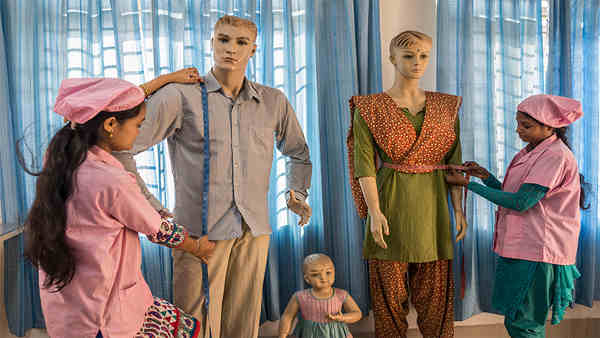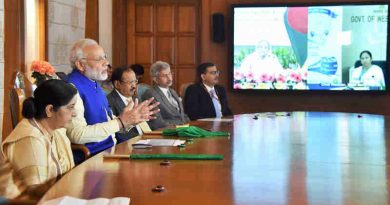How Bangladesh Creates Jobs for Youth

According to a World Bank report released Sunday, creating more and better jobs is crucial to Bangladesh’s economic development as 2.1 million youths enter the job market every year.
Both the local and global economies are shifting toward industry and services and demand for skilled manpower is on the rise.
Therefore, according to the World Bank, the government of Bangladesh has made workforce development a priority through technical and vocational education training.
The Skills and Training Enhancement Project (STEP) helps youths gain relevant skills to compete on the global job market.
[ Can Your Education Get You the Right Job? ]
To that end, STEP supports public and private training institutions and provides modern equipment, teaching aids and learning materials to improve the quality of technical and vocation training in Bangladesh.
To meet market demand, polytechnic institutions have aligned their curricula to improve jobs opportunities for students.
STEP provides stipends to more than 100,000 poor youths in 93 polytechnics. Notably, according to the World Bank, universal stipend for girls in STEP-supported public and private polytechnic increased female enrolment from 10% to 15% of all students.
[ Also Read: How India Abuses Children’s Right to Education ]
And, for the first time, 9,000 informal workers received formal skills certification through the Recognition of Prior Learning Program, which aims to increase their chances of finding better employment. STEP also trained 1,200 teachers and filled 95% vacant teaching posts in polytechnic institutions.
STEP helped nearly 77,000 youths, of whom one third are women, receive free 6-month vocational training in 38 trades within the electrical, automotive and garment sectors. The vast majority of students complete the courses and within six months 42% were employed, the report suggests.
[ RMN Foundation School Educhat: Need for Alternative Education ]
Building on the success of STEP, the World Bank approved an additional financing of $100 million. The project will scale up successful activities and introduce key reforms at the institutional level to improve technical and vocational education training.
With this support, more students, especially women, will enroll and 420,000 poor students are expected to complete vocational training and diploma courses.
[ World Bank Offers $50 Million to Improve Education System in India ]
More private and public polytechnics will improve classrooms and laboratories, and establish industrial partnerships for internships, job placement and job counselling services.
By equipping a new generation with the skills that make them competitive on the job market, the World Bank says, STEP is a cornerstone of Bangladesh’s strategy to alleviate poverty and boost its growth.
With the additional financing, the World Bank’s total support to the project stands at $179 million, with co-financing of $16.7 million in grants from the government of Canada.
Photo courtesy: Ismail Ferdous / World Bank




